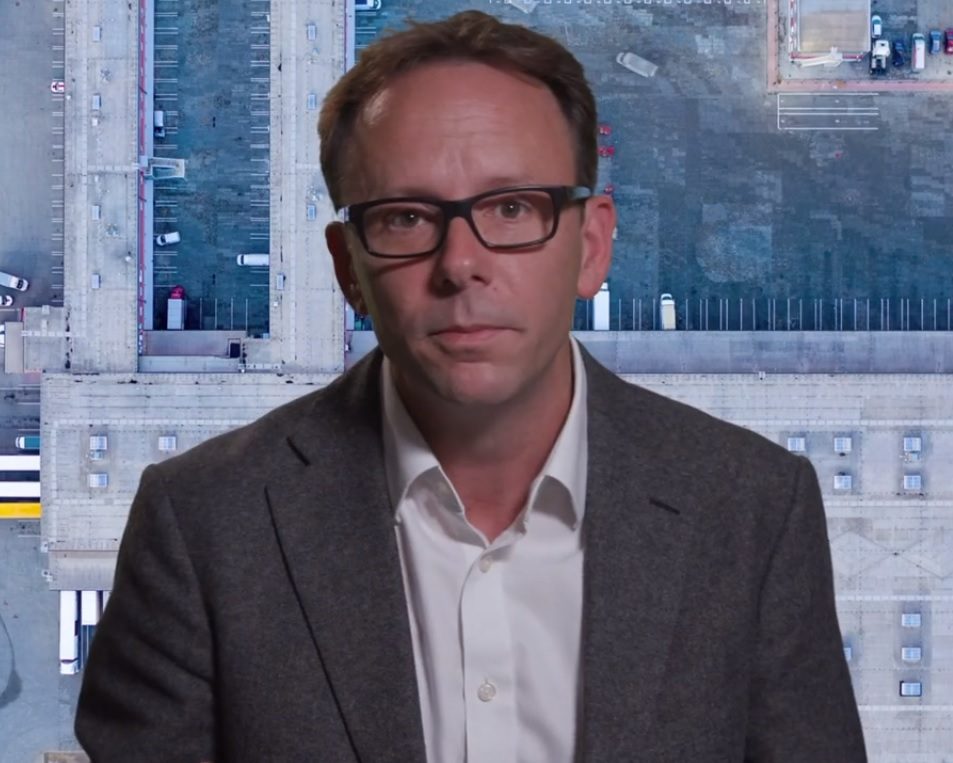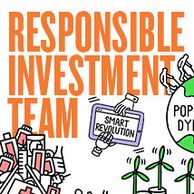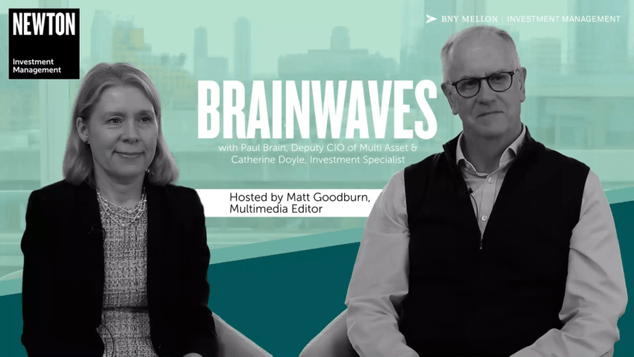At our 2020 investment conference, our investment experts travelled to the future to explain how key environmental, social and governance (ESG) issues played out in the decades following the pandemic.
You can watch the videos and the panel discussion which followed, chaired by Daisy McAndrew and featuring head of sustainable investment Andrew Parry, equity opportunities portfolio manager Yuko Takano, and head of multi-asset Rob Stewart.
2025
Responsible investment analyst Sakshi Bahl travelled to 2025 to give an update on progress made in relation to the UN’s sustainable development goals.

A key shift Sakshi observed is that companies responded to the pandemic by shortening supply chains, a development she describes as moving from ‘‘going global to growing local’’.
An important ideological shift was that the pandemic forced governments to finally drop the dogma that market forces know best. Having been forced to intervene during the pandemic to avert a social crisis, government funding for social and environmental action became a cornerstone of the economic recovery.
Covid-19 can also be credited with moving the needle…for accelerating the pace of change and reviving the forgotten principle of cooperation both between governments and public and private partners.
Sakshi Bahl, responsible investment analyst – 12 November 2025
2030

Ian Burger, head of responsible investment, explained that in 2020 it is not unusual for companies to have more than 100,000 suppliers in their supply chains. With increasing regulation and growing consumer interest in supply-chain management, companies need to upskill their procurement specialists if they hope to improve the quality and resiliency of their supply chains.
This matters to investors. As long ago as 2003, a study illustrated that the disclosure of supply-chain problems on average reduces shareholder value by 10%. And consumer sensitivity to this issue has increased markedly since then.
Rebecca White travelled to 2030 and observed big improvements in global corporate supply chains.
Hurdles to addressing human rights have been successfully overcome with great progress made on global cooperation, addressing the complexity and lack of transparency in supply chains and tackling poverty.
Rebecca White, responsible investment analyst – 12 November 2030
2040
Global research analyst Laura Sheehan and responsible investment analyst Lloyd McAllister discussed the positives which have already emerged from the pandemic. In relation to climate change, emissions are at their lowest for a decade, the European Union is releasing a wave of green policies, the oil majors are reinvesting in clean energy, and China has committed to net-zero emissions by 2060.

Laura and Lloyd then travelled to 2040 to interview their future selves to ask if policymakers had delivered on their promises to engineer a sustainable economy.
It took time to build momentum and it was challenging at first but that was nothing compared to the costs of climate change. People lost their homes to fires, there were famines due to droughts and of course there were many more climate migrants.
Lloyd McAllister, responsible investment analyst – 12 November 2040

2030
Seyi Bucknor, Head of the Americas, travelled to 2030 to explain how the 2020 pandemic exposed the fragility of economies and long-standing workplace architectures. The pandemic forced everyone to think about workplace models that would work better in future.
In 2030, fuelled by the steady rise in sustainable investing and the trillions in capital which have flowed to corporates that have embraced their role as social enterprises, the private sector has increasingly been called on to solve social and environmental issues governments have failed to address.
Seyi Bucknor, Head of the Americas – 12 November 2030






Comments